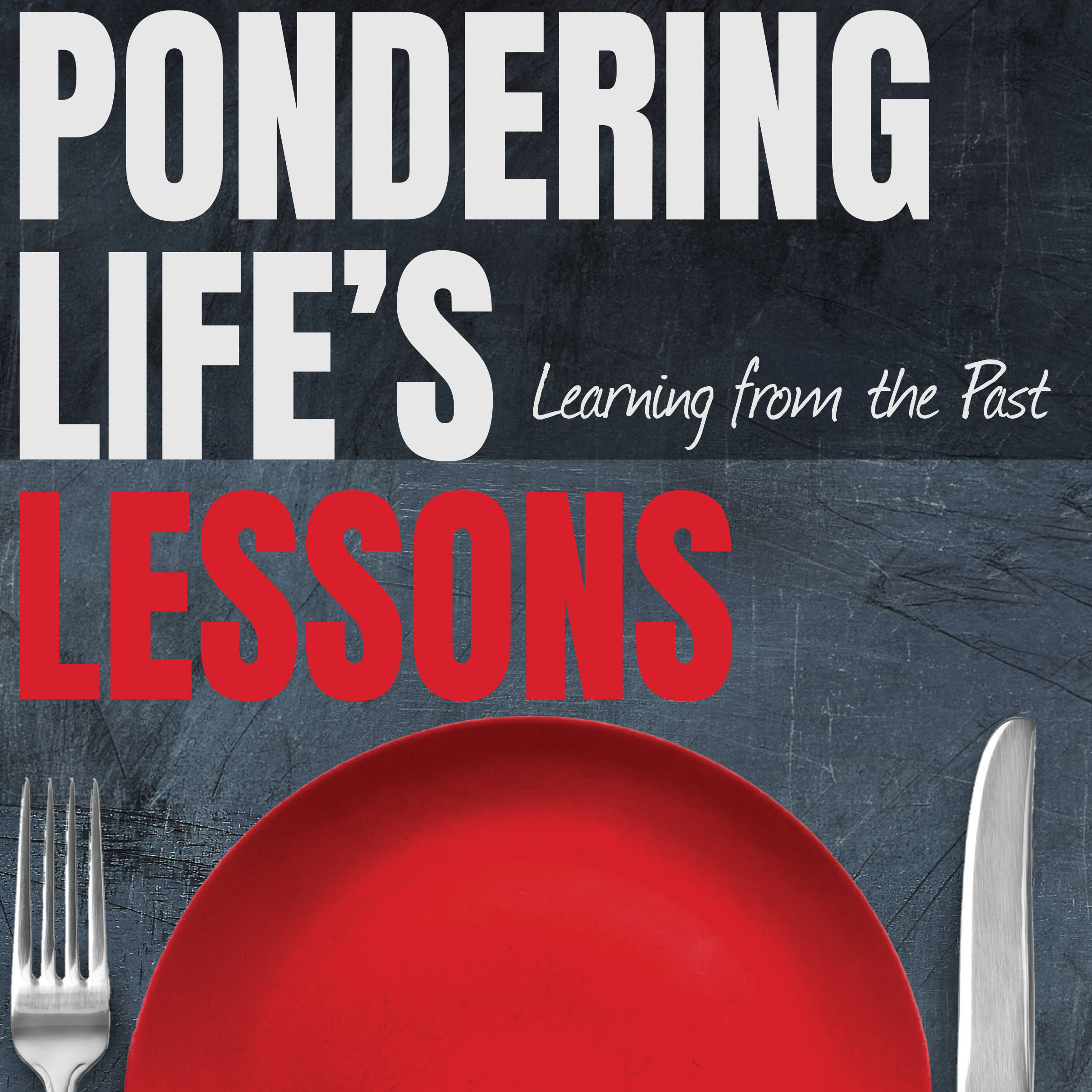
My dad referred to his parents as Ma and Pa. I knew them as Grandma and Grandpa Tebo. George Gabriel Tebo was born in 1875 and Mary Christine Ritter eleven years later.
They raised a family of six girls and one boy. The girls were Nettie, Katherine, Elizabeth (Dutch) Bernadette (Bern), Julia (Jewel) and Gertrude (Gert). The lone son, Tony, was born on October 17, 1919.
Grandma and Grandpa Tebo lived in Mt. Clemens on Barbara Street. Their house was a few hundred steps from Shadeyside Park. Shadeyside’s south boundary was the Clinton River.
Grandpa Tebo was the supervisor of the forty-acre park. He also ran a sand scow in the river up to Lake St. Clair. The flat bottomed boat was used to dredge the river bottom for sand.
Dad worked with Grandpa on the sand scow. There was no payment for his service. He helped him just because he was his father. Sometimes Dad fished the river. Fishing amounted to tossing a stick of dynamite into the river and collecting the fish when they floated to the top.
I remember visiting the house on Barbara Street a few times. The backyard featured a set of wooden stairs leading up to the small back porch. There was a vegetable garden and a grape arbor. The tomatoes, beans, squash, peppers, radishes, potatoes, and carrots were harvested and eaten fresh or canned. The grapes were used to make jelly and juice. Grandpa tended the garden and Grandma did the canning.
Canned goods, and Grandpa’s cash, were stored in their Michigan basement. Grandpa lost much of his money when the banks failed during the depression, so he never returned to the banks. He kept his money in jars, counted it regularly, and trusted no one.
They had a chicken coop near their garden. The chickens provided eggs and fresh meat. The lone rooster provided company for the chickens.
The back door led directly into the kitchen. The kitchen stove was huge. (And if my memory is correct, it was a wood burner.) Everything served in this home was made from “scratch”. Grandma made noodles, baked her own bread, delicious cakes, and top of the line cinnamon buns. The kitchen table served as her pastry board. She sprinkled it with flour, rolled and cut her dough, and made delicious homemade magic.
The main room in the house featured a “davenport” and two rocking chairs. Each of the elders sat in one. Grandpa chewed tobacco and used an old tobacco can as a spittoon. Straight back chairs were moved from the kitchen table to provide extra seating when guests arrived. There was a large metal floor grate that helped provide air circulation for the coal fired furnace. The front of the house had a long enclosed porch. There was a daybed and dozens of family pictures displayed on side tables that lined three sides of the porch.
Most of my memories of visiting the house included only our family. I was eight and a half when Grandpa passed. My sister, Sharron, was three years younger, and Jackie was twenty months. Some of our family pictures of our visits feature my Aunt Gert’s three daughters, Jean and the twins, Gail and Gwen, so I know that others joined us.
My dad told me that his older sister, Katherine, loved me like her own child. She was ill and lived her last few weeks with her mom and dad in the house on Barbara Street. She stayed in the daybed on the front porch. When we visited I hopped into bed with her and took a nap. I was three years old when she passed, and I have no memory of her other than those shared by my dad.
My Aunts Dutch, Bern, Jewel, and Gert were loud, gregarious women. They smothered me with kisses whenever I saw them. They loved their brother, and then in turn, his children. Their hugs were full blown circle the wagon embraces. Once they took hold, there was no release until they decided to let go. I tried to hide from them behind my mom in my youth but miss them all as an adult. It was a group of ladies that didn’t hide their feelings. You always knew where they were and how they felt.
I know nothing of Nettie except for what I have been told. She was the oldest child and she died when my father was fourteen. She spent her last days in the daybed on the front porch as the next oldest sister, Katherine, would years later.
The day before she passed, Grandpa took my dad aside and told him to go into the next room to say good-bye to Nettie. Grandpa knew that his daughter would not live much longer. He also knew that Tony should know the truth about Nettie.
“Nettie is not your sister. She’s your mother.”
TBC

